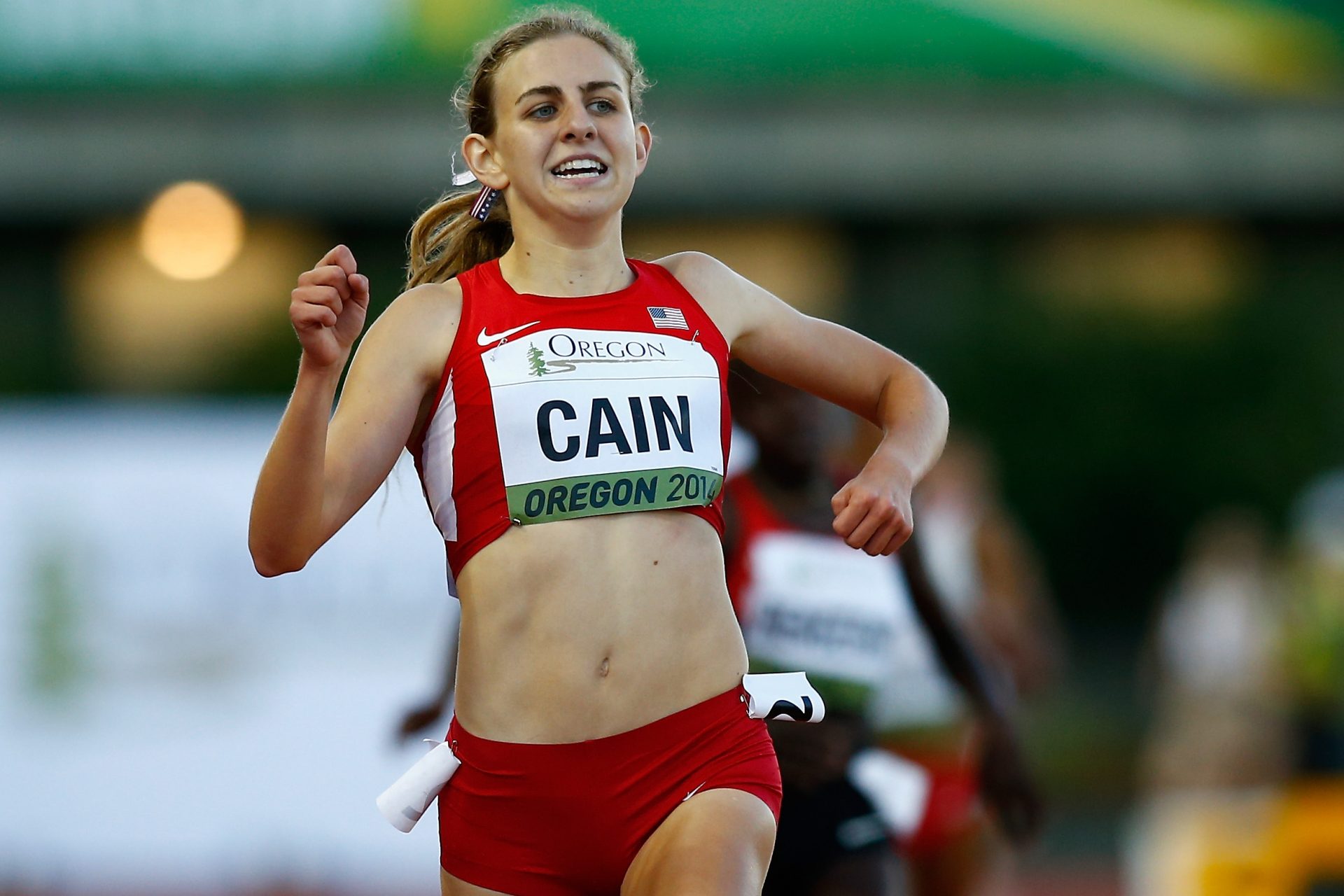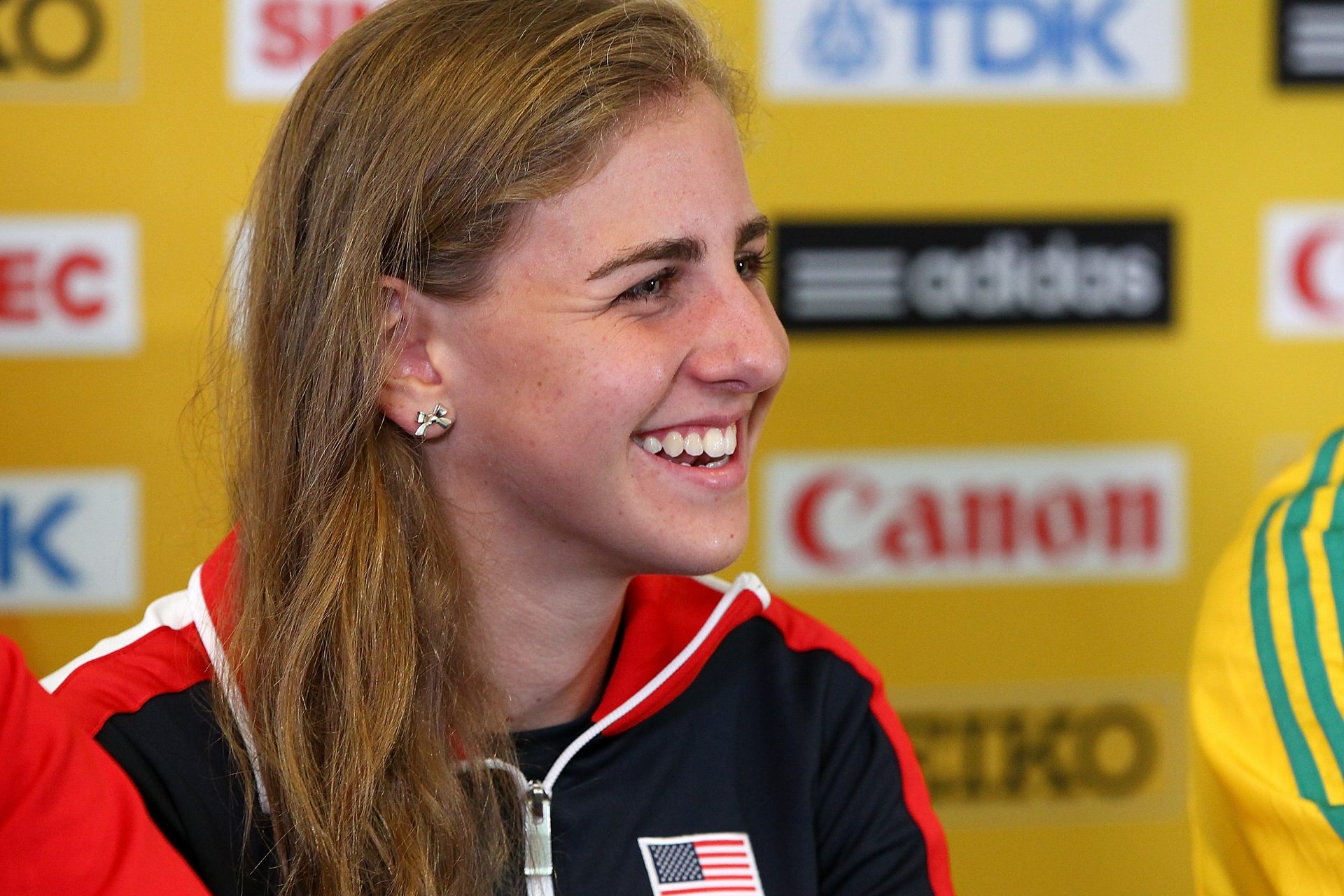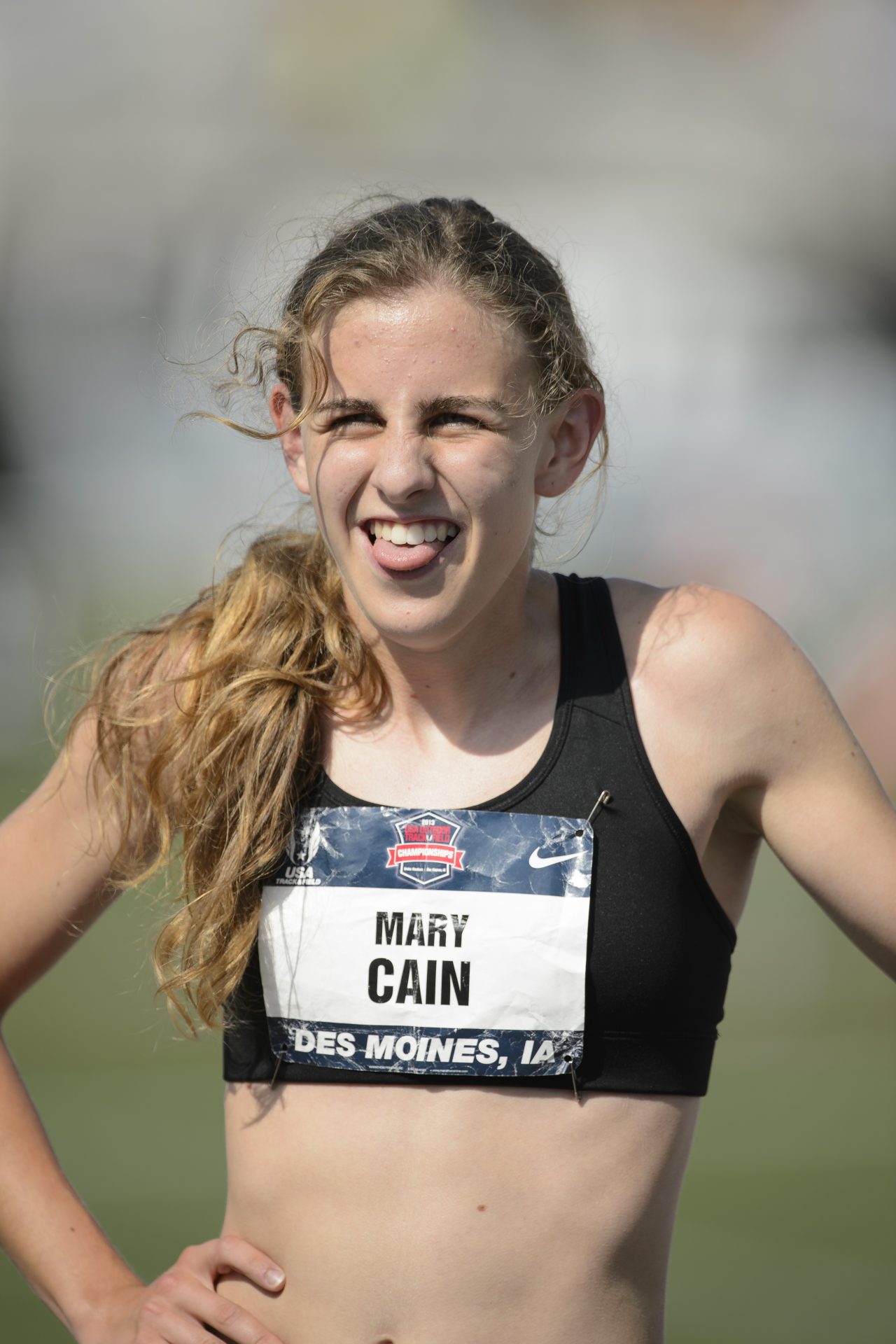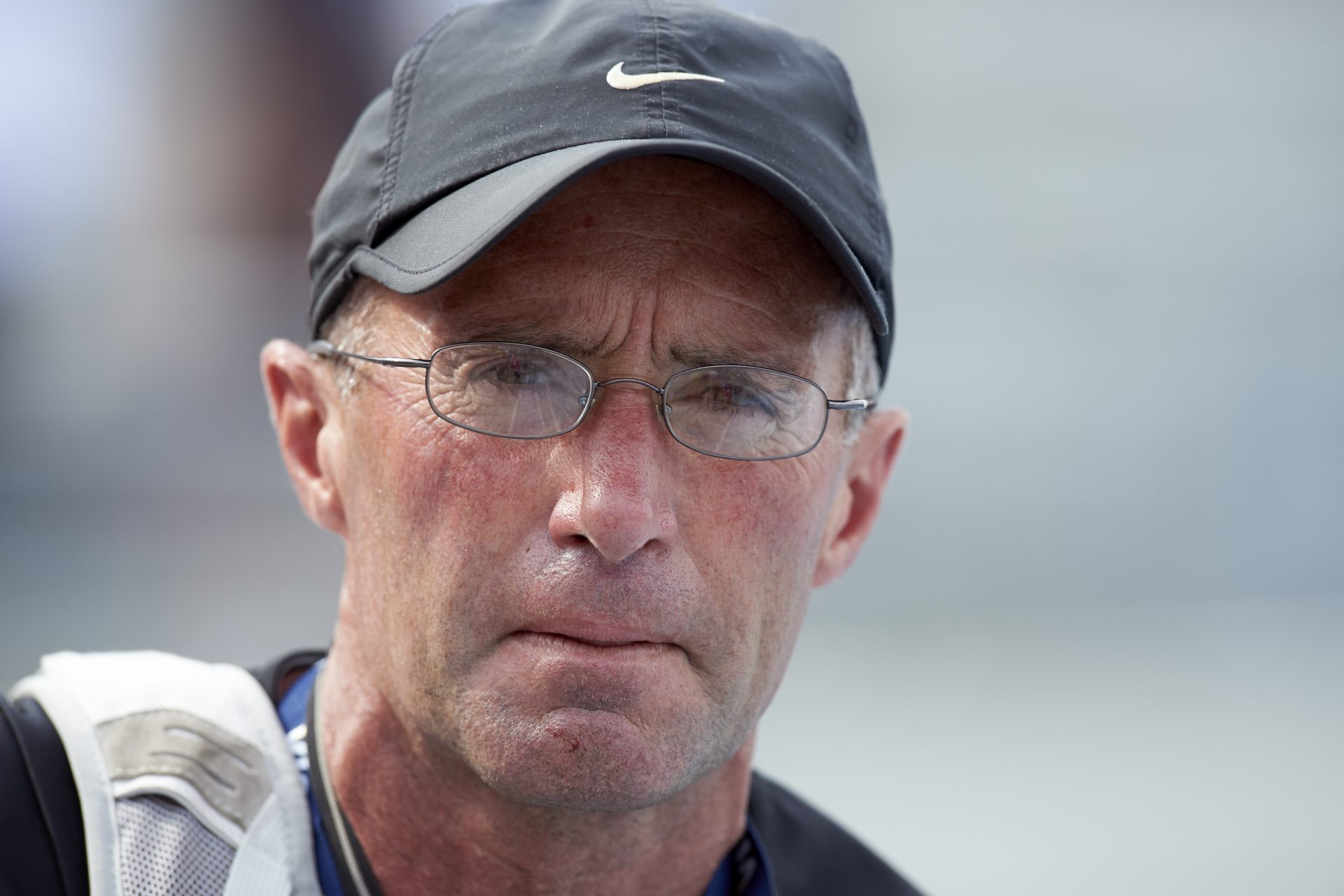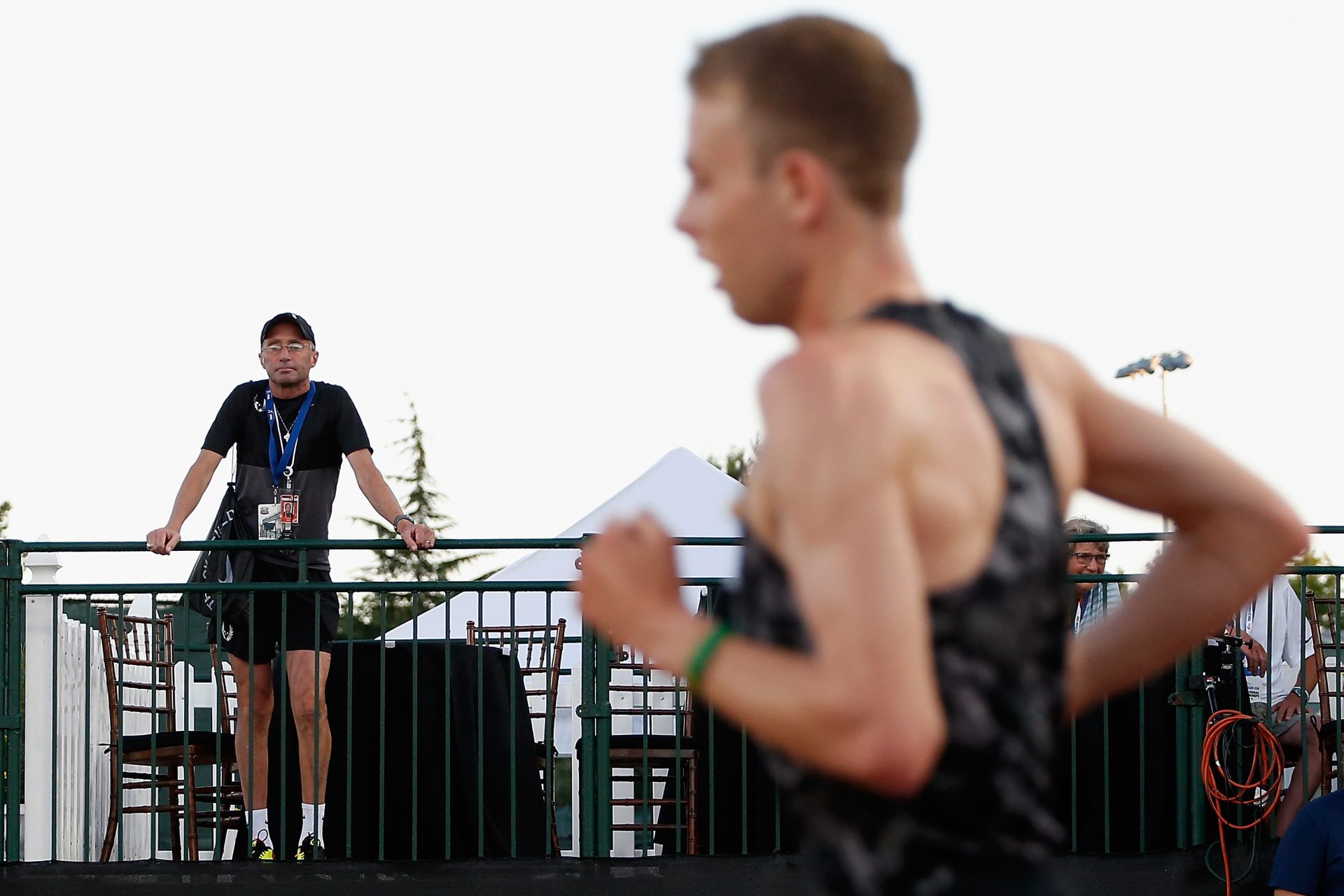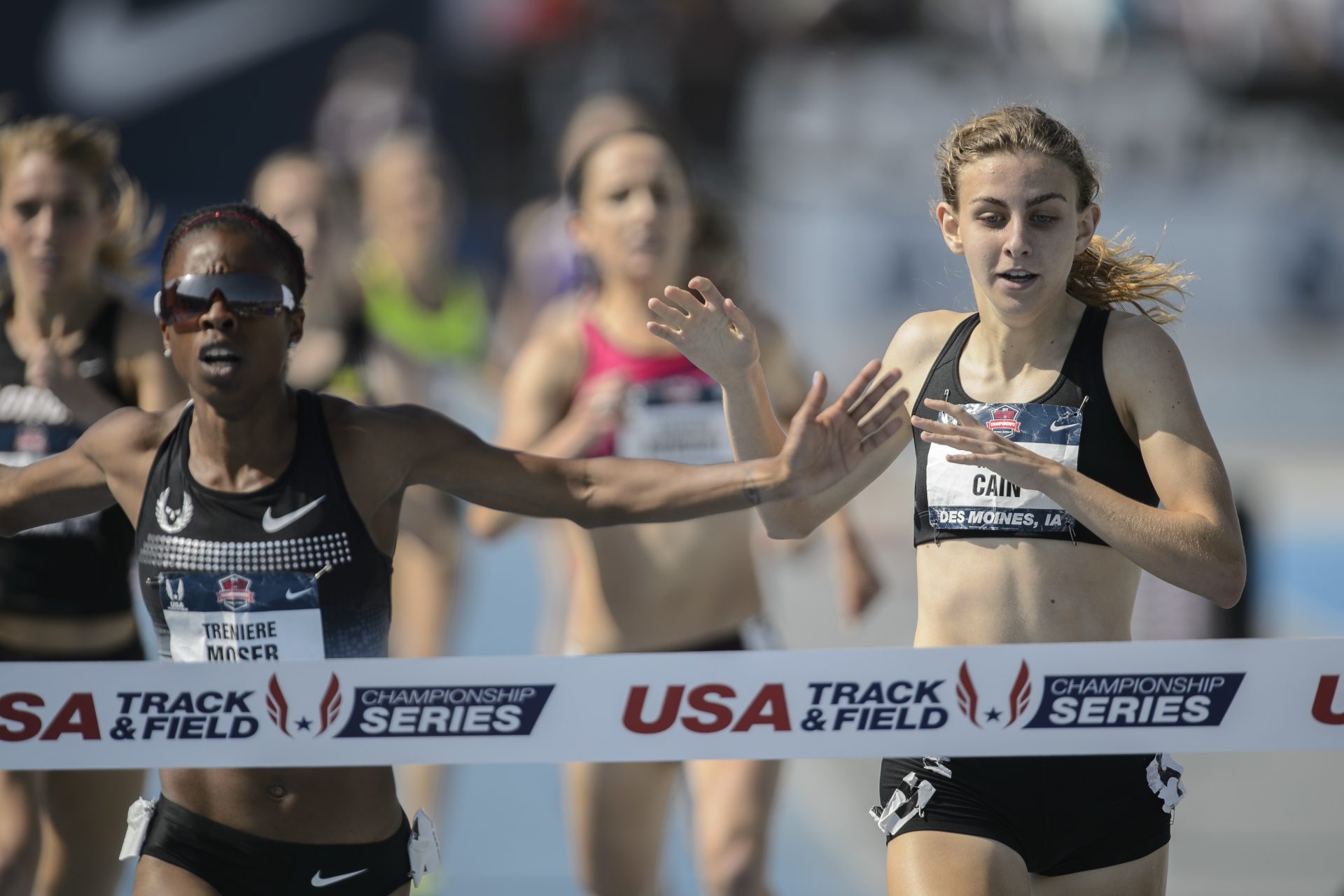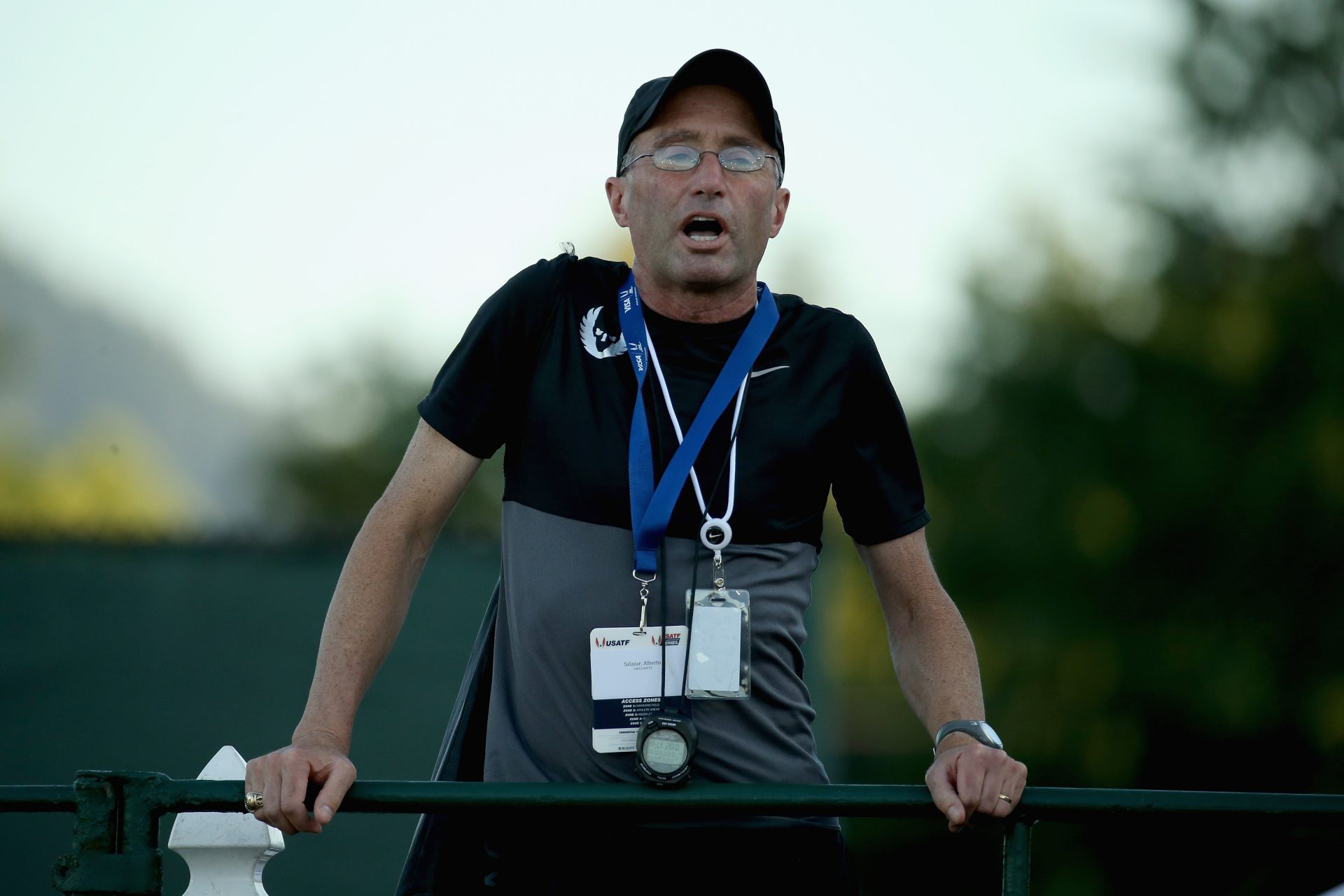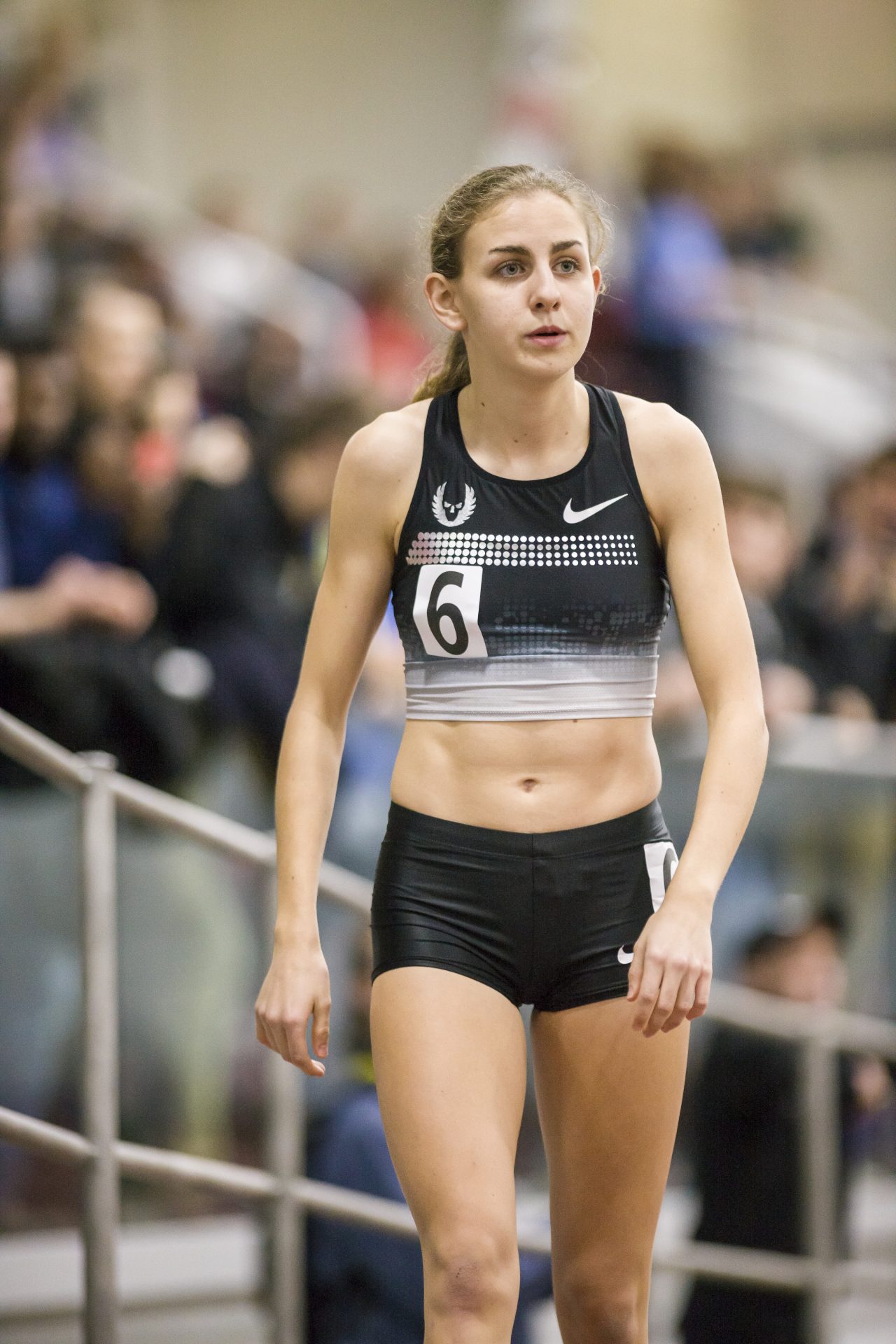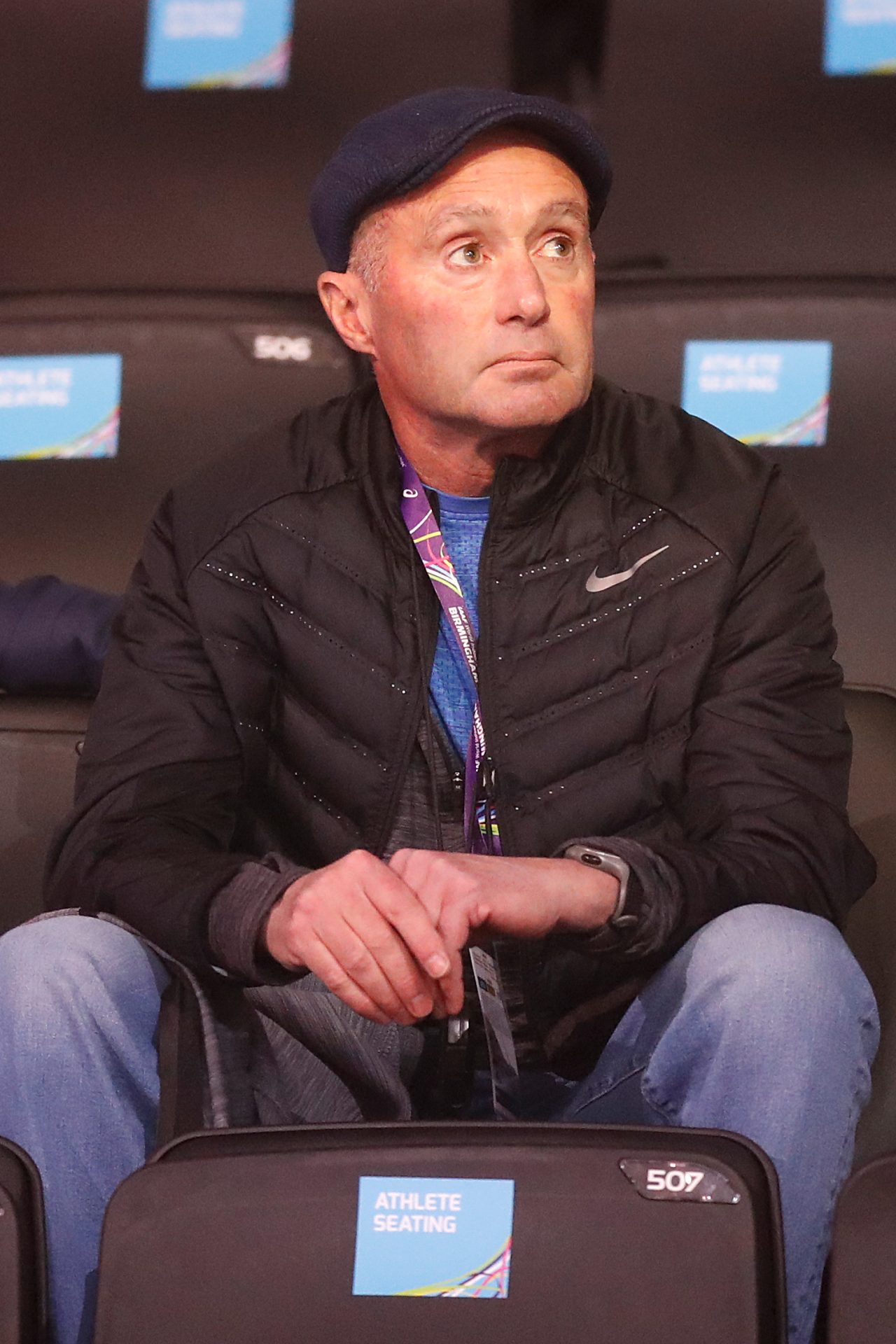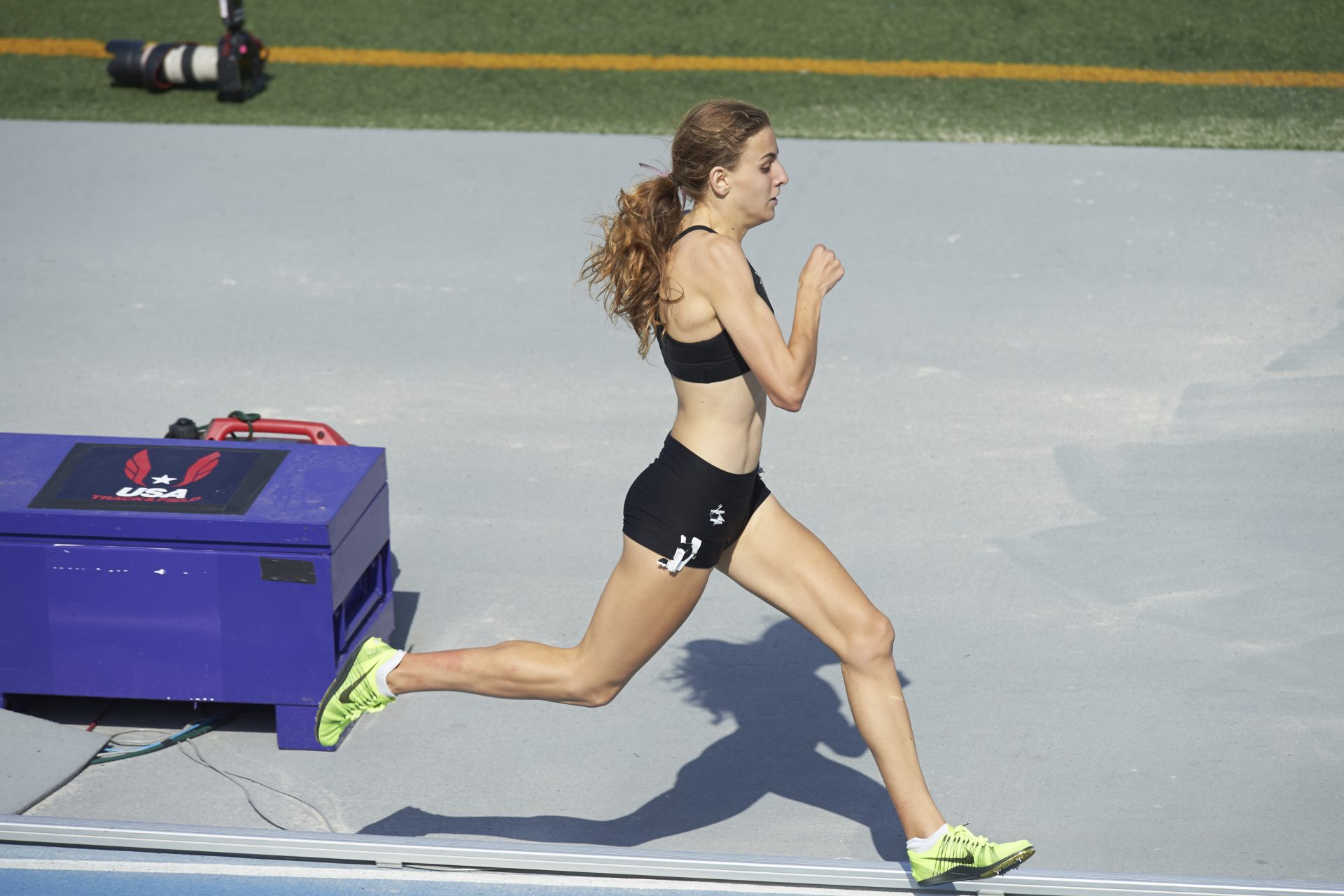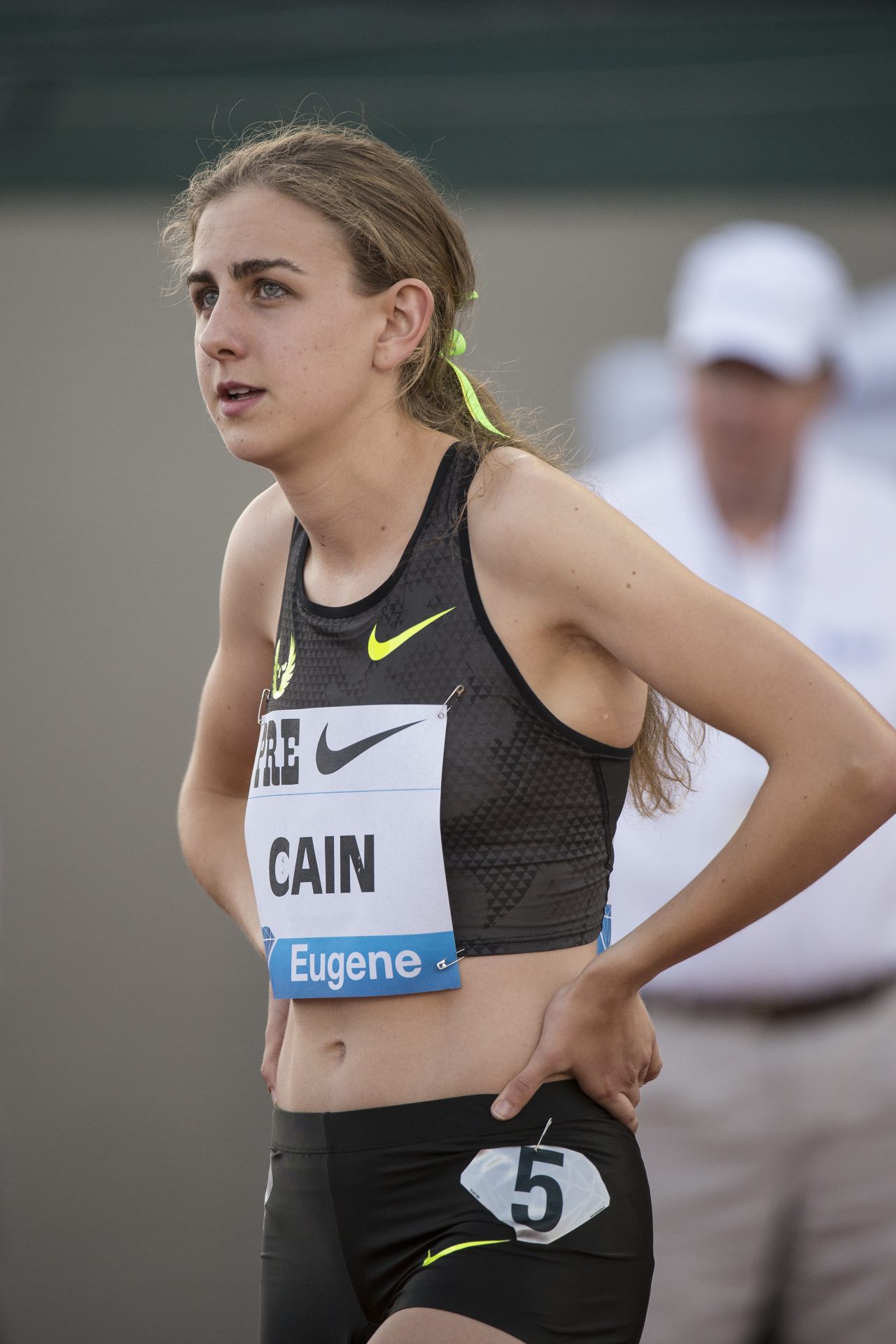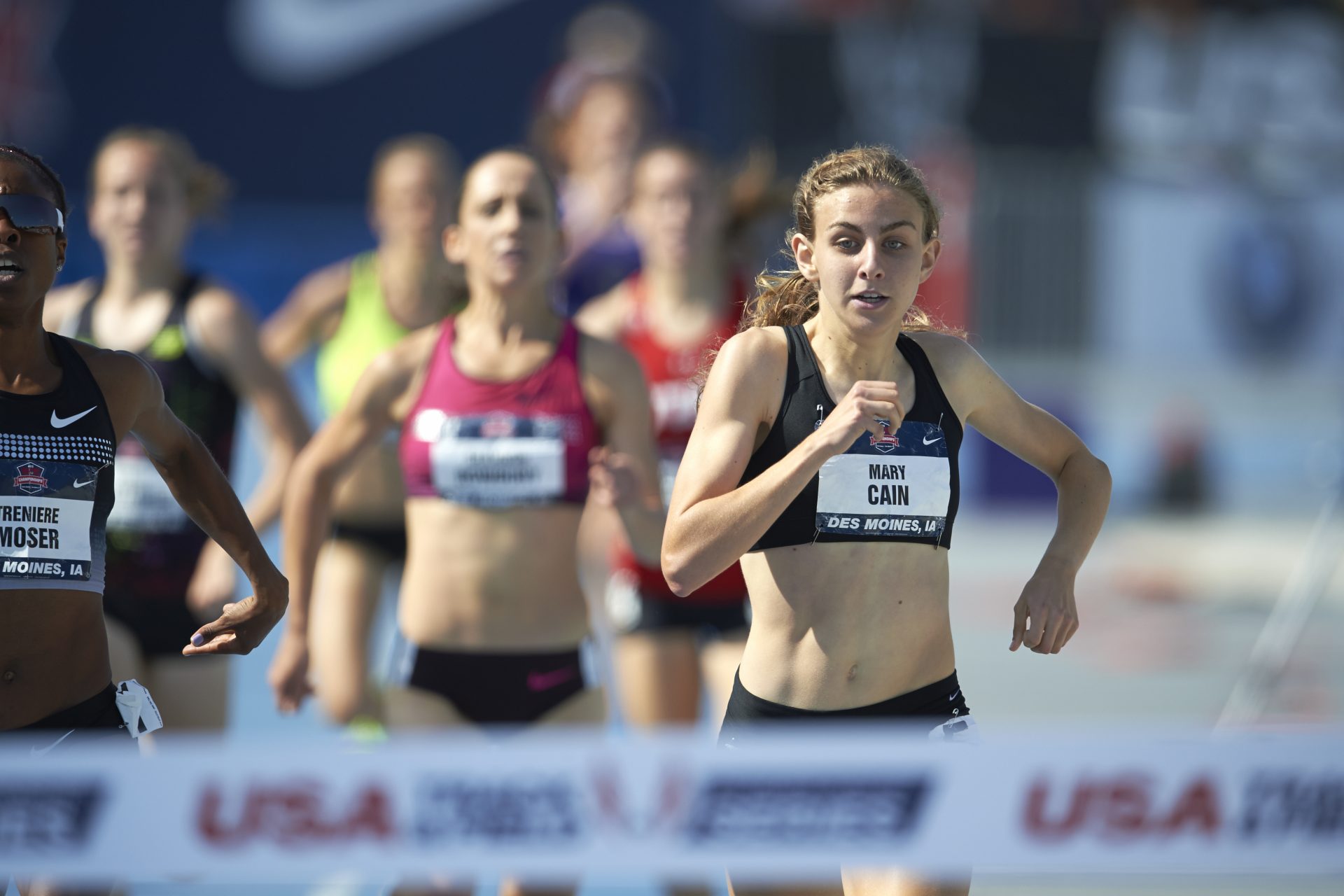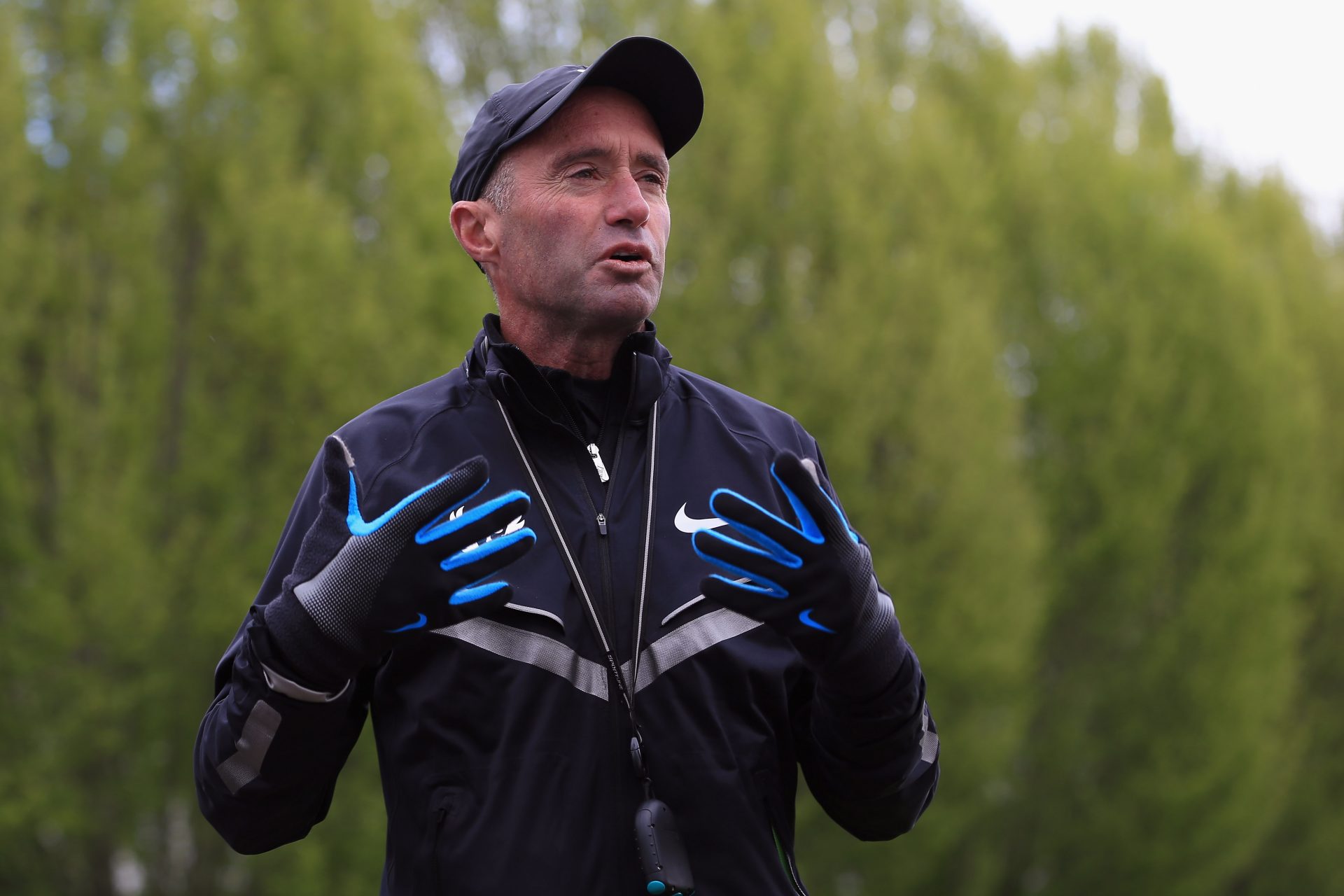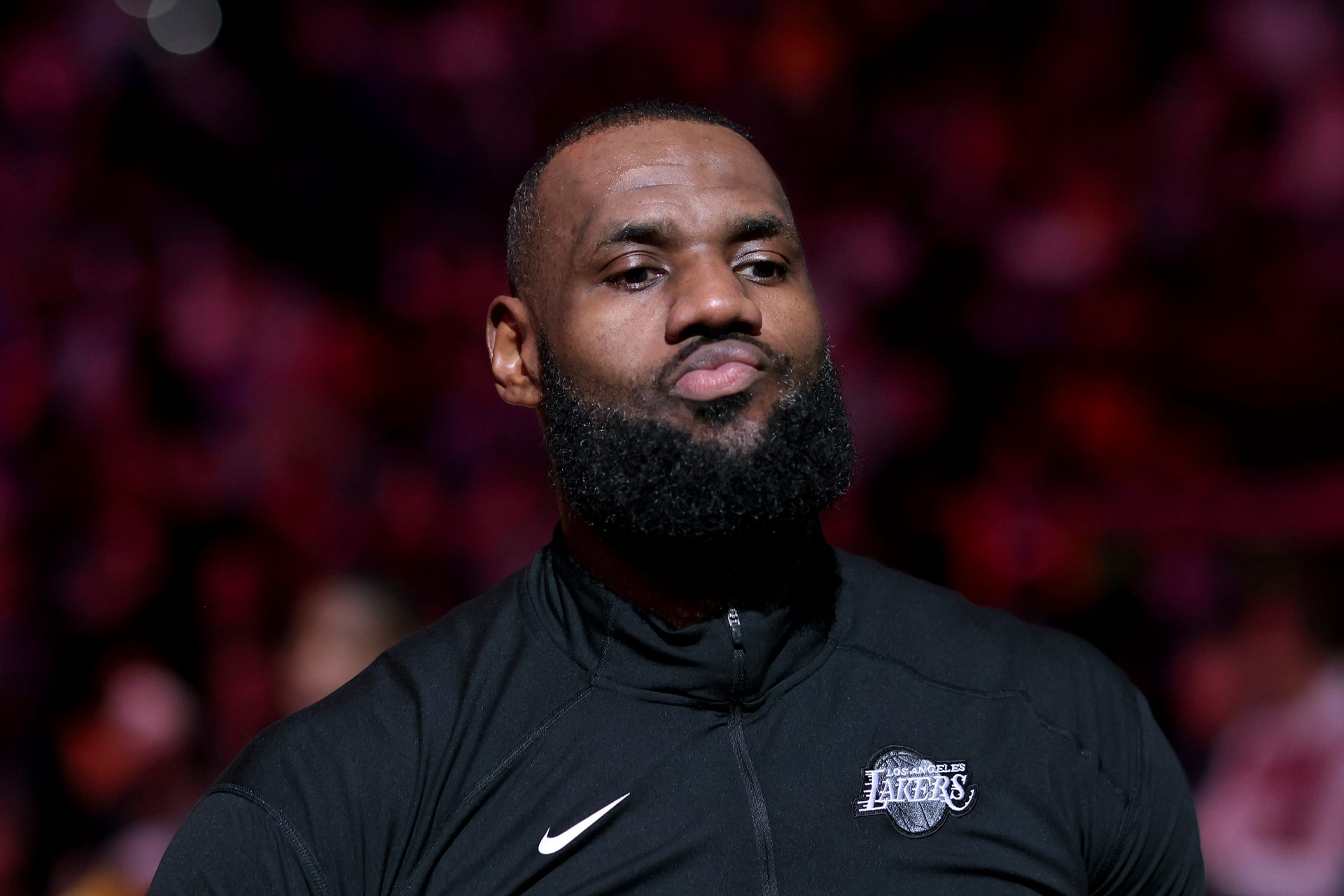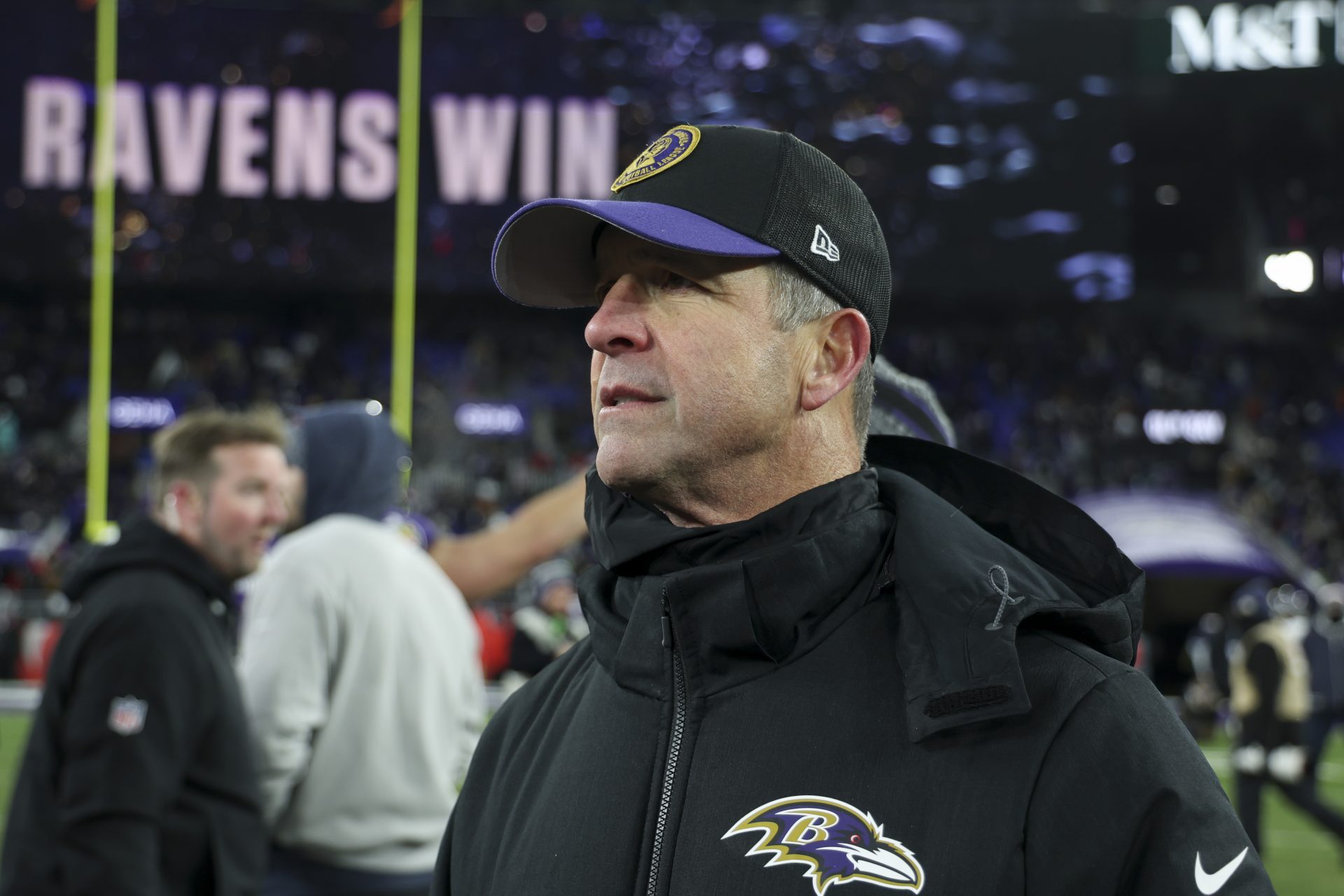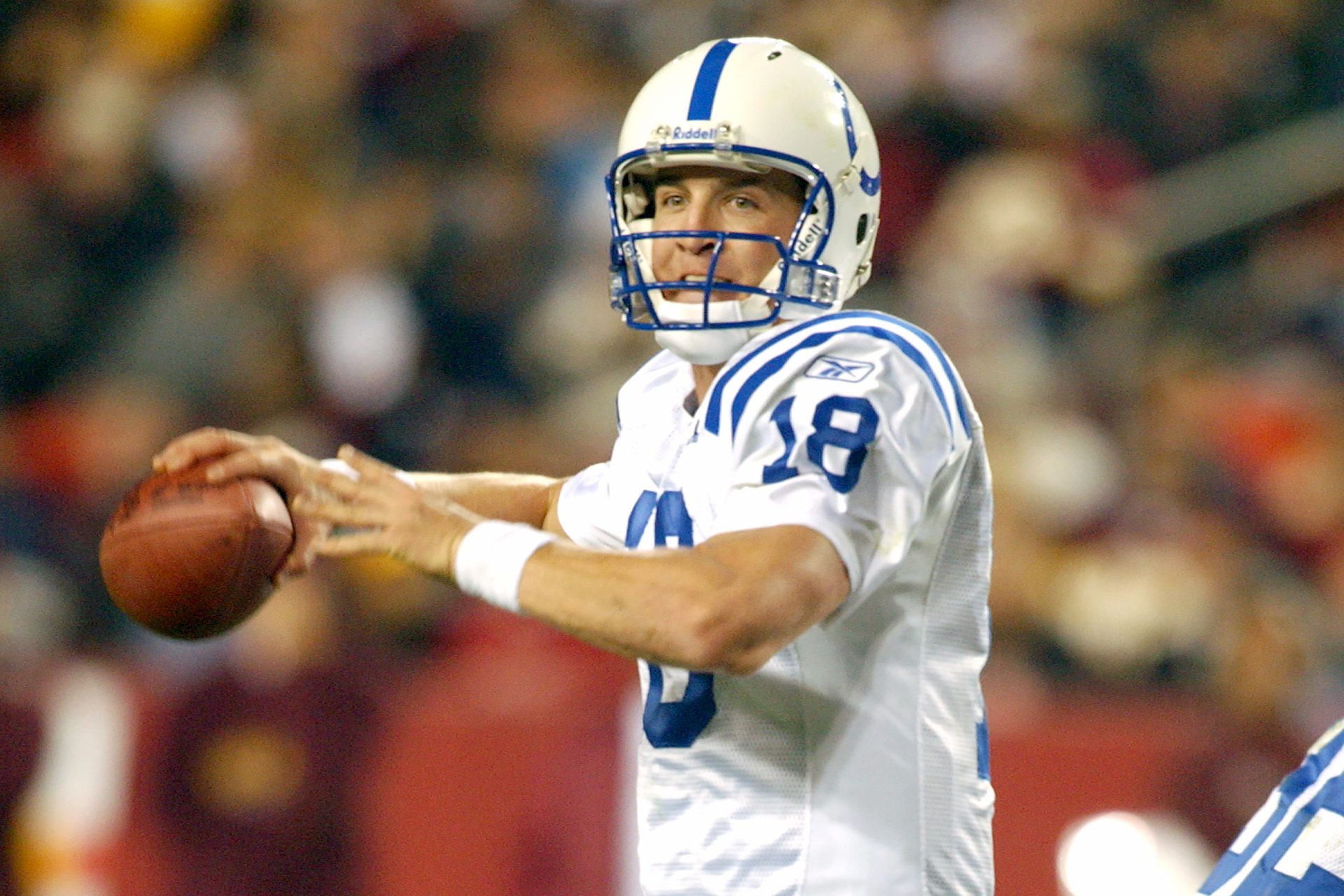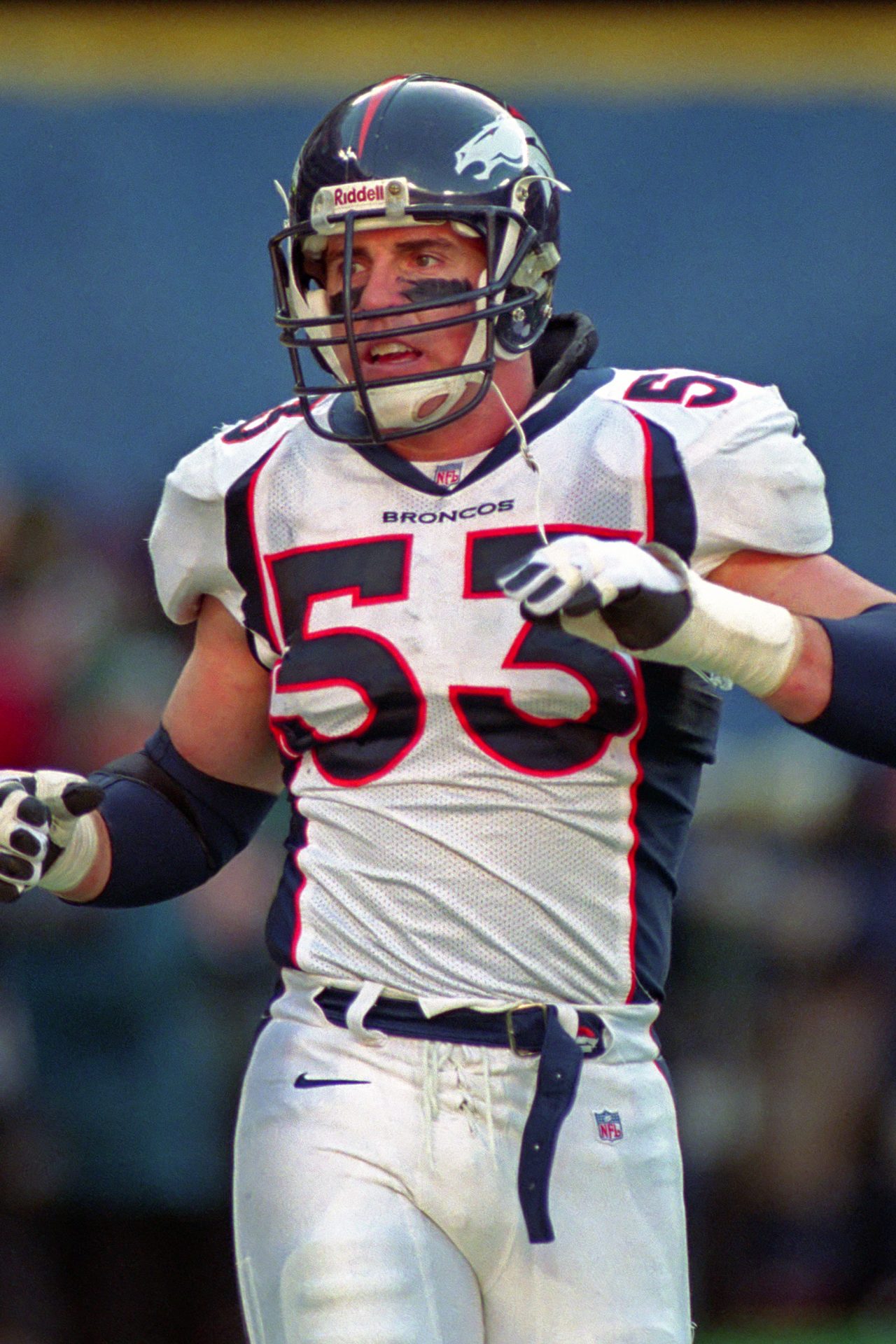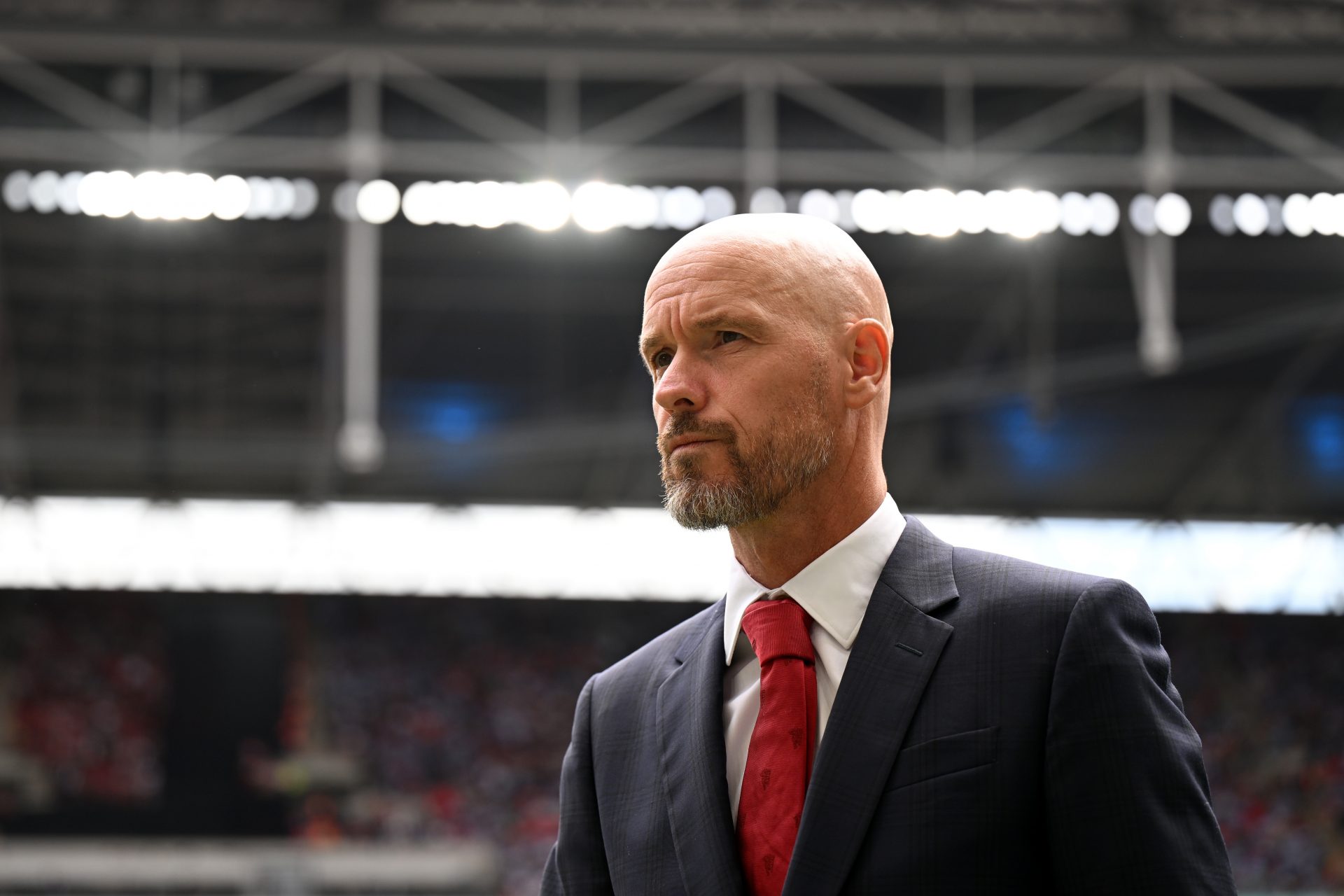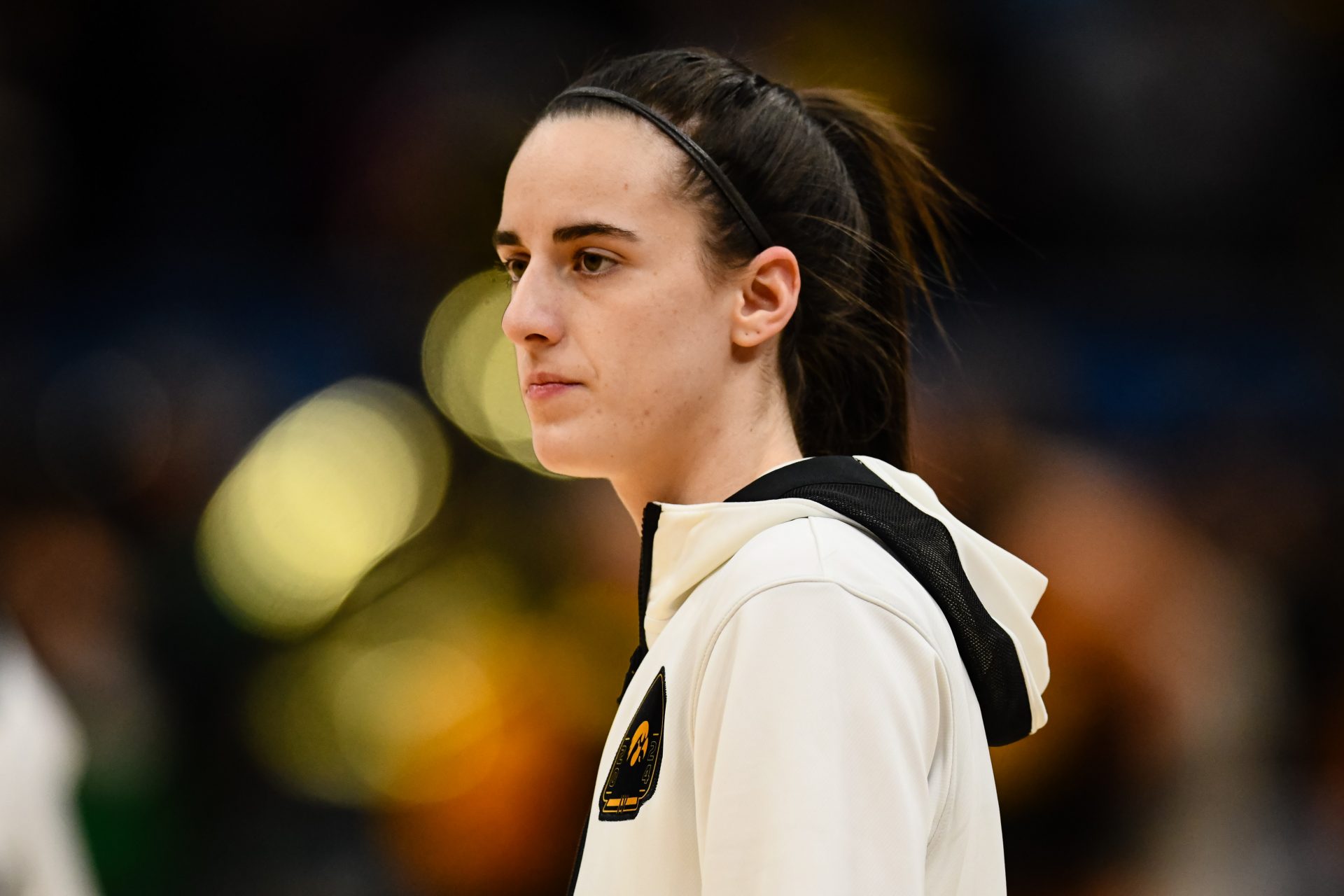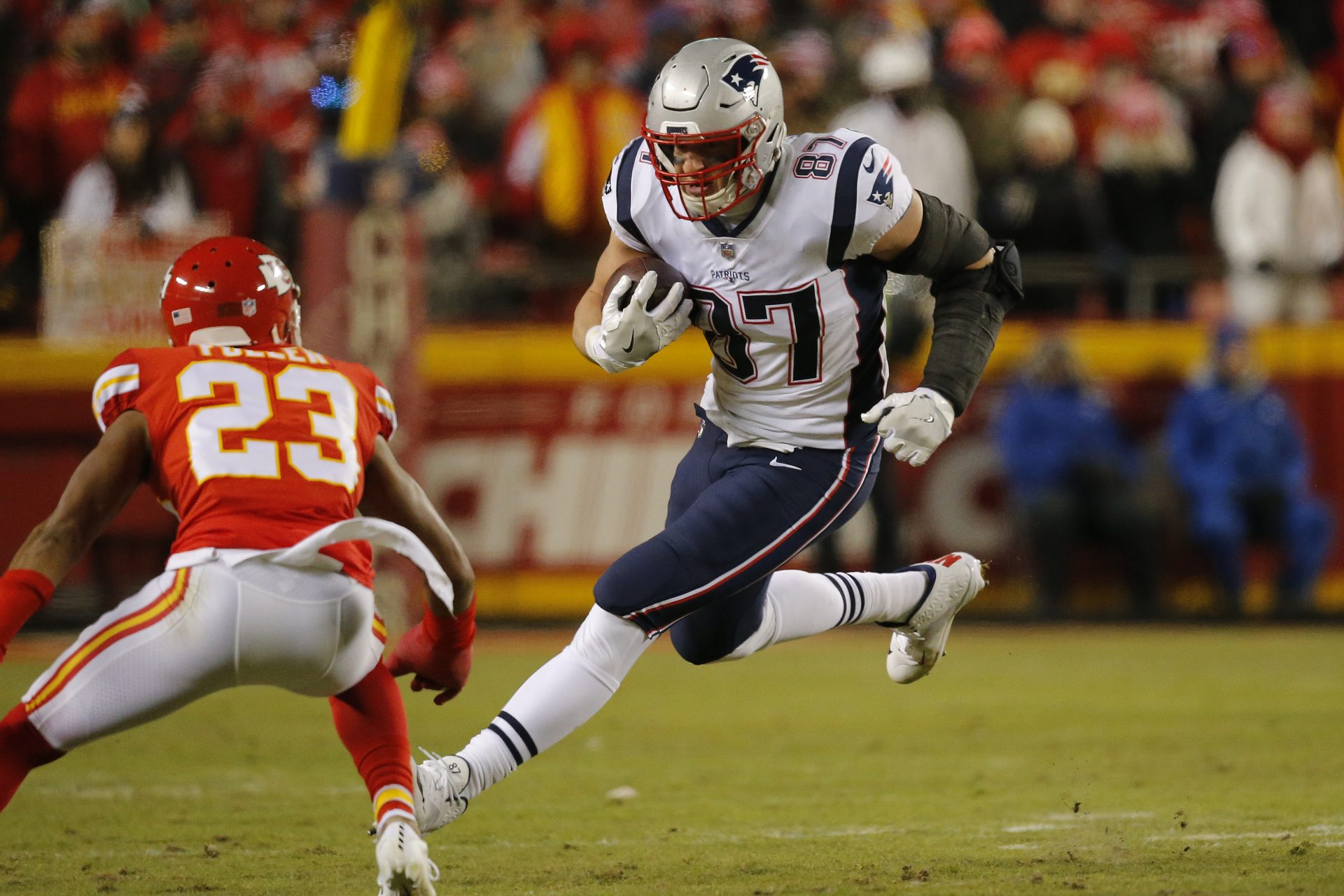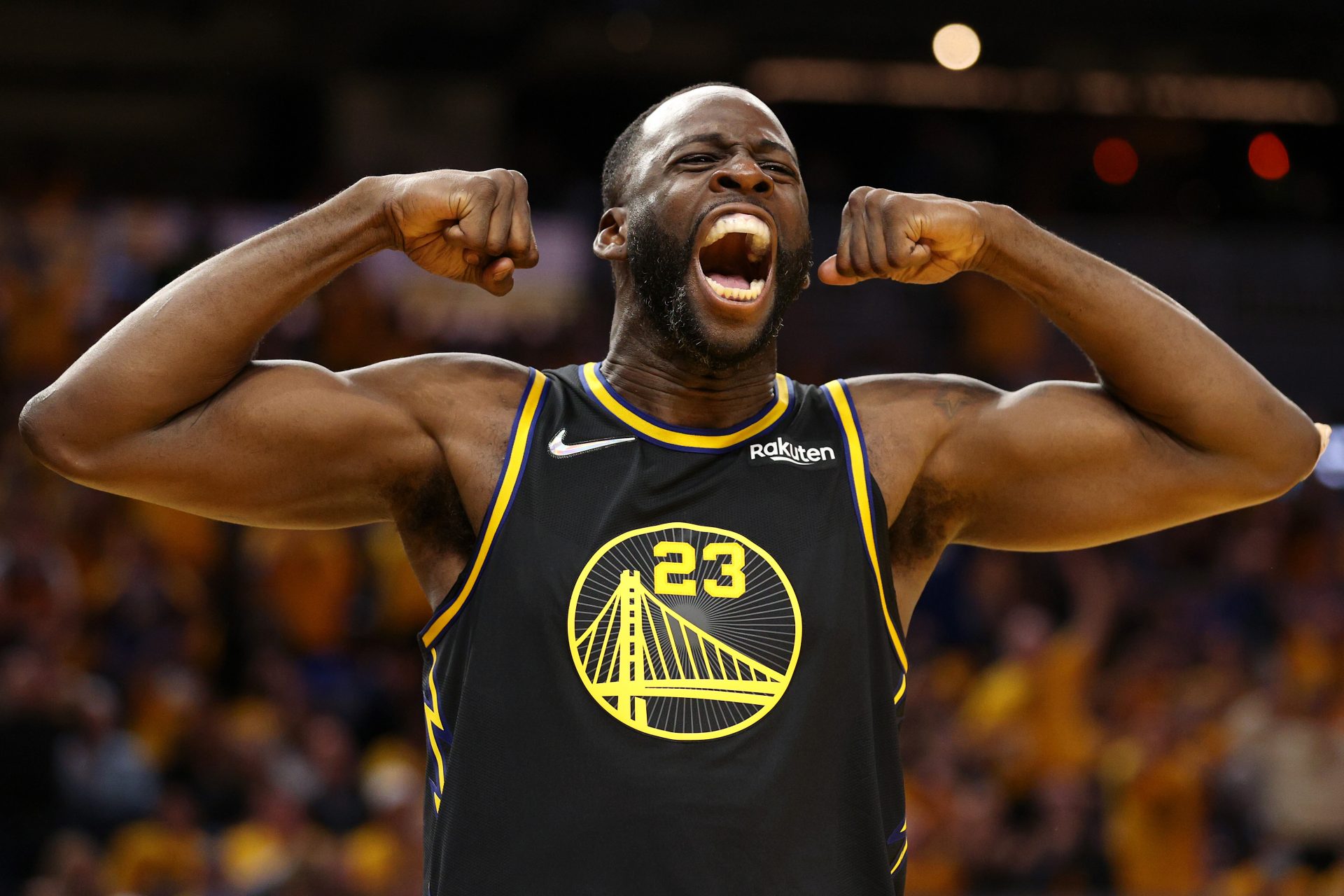The tragic downfall of former prodigal track and field prospect Mary Cain
Mary Cain had all the makings of becoming the next great American track star. However, things took a dark turn for her after she linked up with Nike and their famed Oregon Project. We’ll take a look at Cain’s career achievements, and how things would break down for her after her decision to work with Nike.
Mary Cain grew up just north of New York City, and was doing things that were hard to believe for someone her age. For example, as written by the New York Times, she ran a mile in 6 minutes and 15 seconds… while she was in fifth grade. Sports Illustrated wrote that she actually bested that time in a field day, running a mile in 5 minutes and 47 seconds.
As a seventh grader, Cain qualified for the New York state championship 3,000 meter meet, and her accomplishments continued right through high school.
Want to see more like this? Follow us here for daily sports news, profiles and analysis!
While she was a sophomore at Bronxville High School, Cain was encouraged to work with boys track coach Ed Stickles, who said he didn’t have to do much. Stickles told Sports Illustrated that Cain had a “great big engine, (with) fast wheels.”
However, Stickles would leave Bronxville shortly after, and Cain and her family had to decide what the next move would be. They were eyeing the tutelage of arguably the most famous distance running coach of all time.
The Cain family looked long and hard at having their daughter learn under Alberto Salazar, who was in the midst of heading up the Nike Oregon Project. He saw footage of Mary Cain’s meets, and said “Wow, this girl is running fast doing a lot of things wrong that are easily fixable.”
It seemed like a perfect fit on paper. Former track star Lauren Fleshman said that the Nike Oregon Project had a sports psychologist who would help Cain work through the mental hurdles of competition, according to Sports Illustrated. Salazar said, “The phenoms who struggled, most of them eventually got better. But Mary is already at such a higher level.”
Mary Cain would end up moving to Oregon to train under Salazar and the elite running program. Cain would be a part of the operation from 2013 through 2016. She would break the 1000 meter world record in 2014 under Salazar’s guidance, but things would devolve during her stint with the Nike Oregon Project.
A video op-ed was published by the New York Times in 2019, in which Mary Cain accused Salazar and Nike of abusing her both physically and mentally. She said that she had broken five bones, missed her period for three years, and had suicidal tendencies thanks to Salazar’s insistence that she take her training seriously.
Want to see more like this? Follow us here for daily sports news, profiles and analysis!
Cain said in the op-ed, “I joined Nike because I wanted to be the best female athlete ever. Instead I was emotionally and physically abused by a system designed by Alberto and endorsed by Nike.”
Cain would tell the New York Times, “He (Alberto) created an arbitrary number of 114 pounds and he would usually weigh me in front of my teammates and publicly shame me if I wasn’t hitting weight. He wanted to give me birth control pills and diuretics to lose weight.”
According to Sports Illustrated, Cain and Salazar went to a physician in Oregon when Cain lost her period. According to Cain’s father, a doctor himself, she was prescribed physician-sample birth control pills, which Salazar claimed would help her lose her water weight and restore her period.
Cain told her parents about what had happened, and that Salazar allegedly wrote instructions on the boxes of the pills. Cain reportedly kept the boxes she was given that day, but never opened them.
Fellow track and field and Nike Oregon Project athlete Amy Yoder Begley confirmed Salazar’s preferred method of conversation. She posted on social media, “I was told I was too fat and had the biggest rear end on the starting line… I have first hand experience with what Mary Cain described to the New York Times.”
Cain would eventually sue Salazar and Nike for $20 million in 2021. The lawsuit was eventually settled in 2023, with the terms not being disclosed.
Want to see more like this? Follow us here for daily sports news, profiles and analysis!
In addition to these allegations, Alberto Salazar was also given a four-year suspension for violations of anti-doping regulations in his role as a track and field coach, as CNN and others have reported on. He was later permanently banned for an infraction involving improper physical conduct with a female athlete, according to Runners World.
More for you
Top Stories



